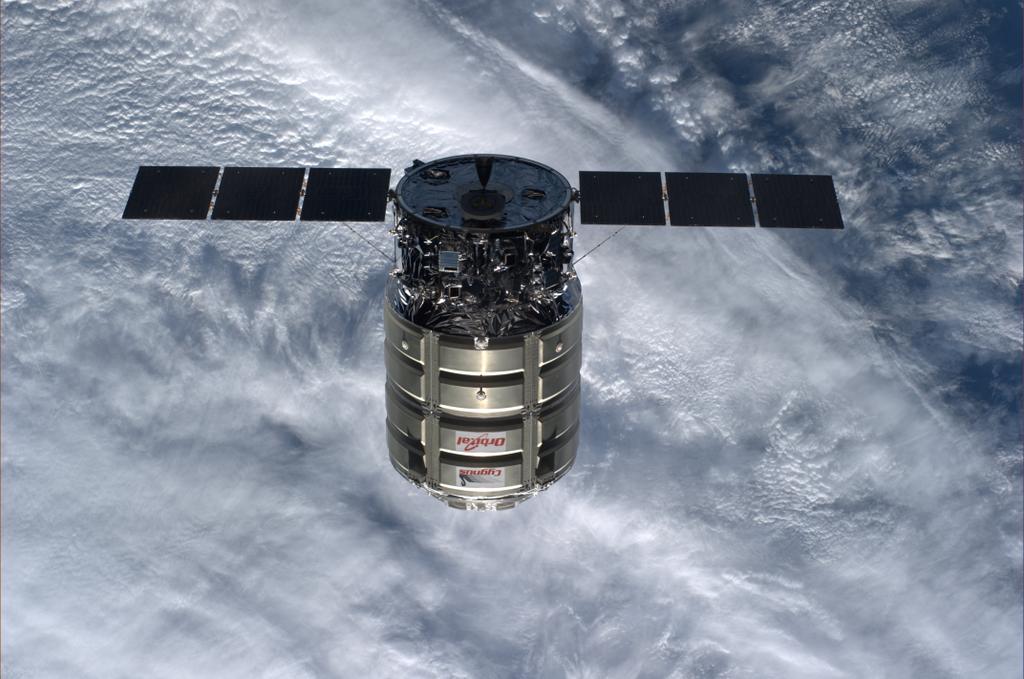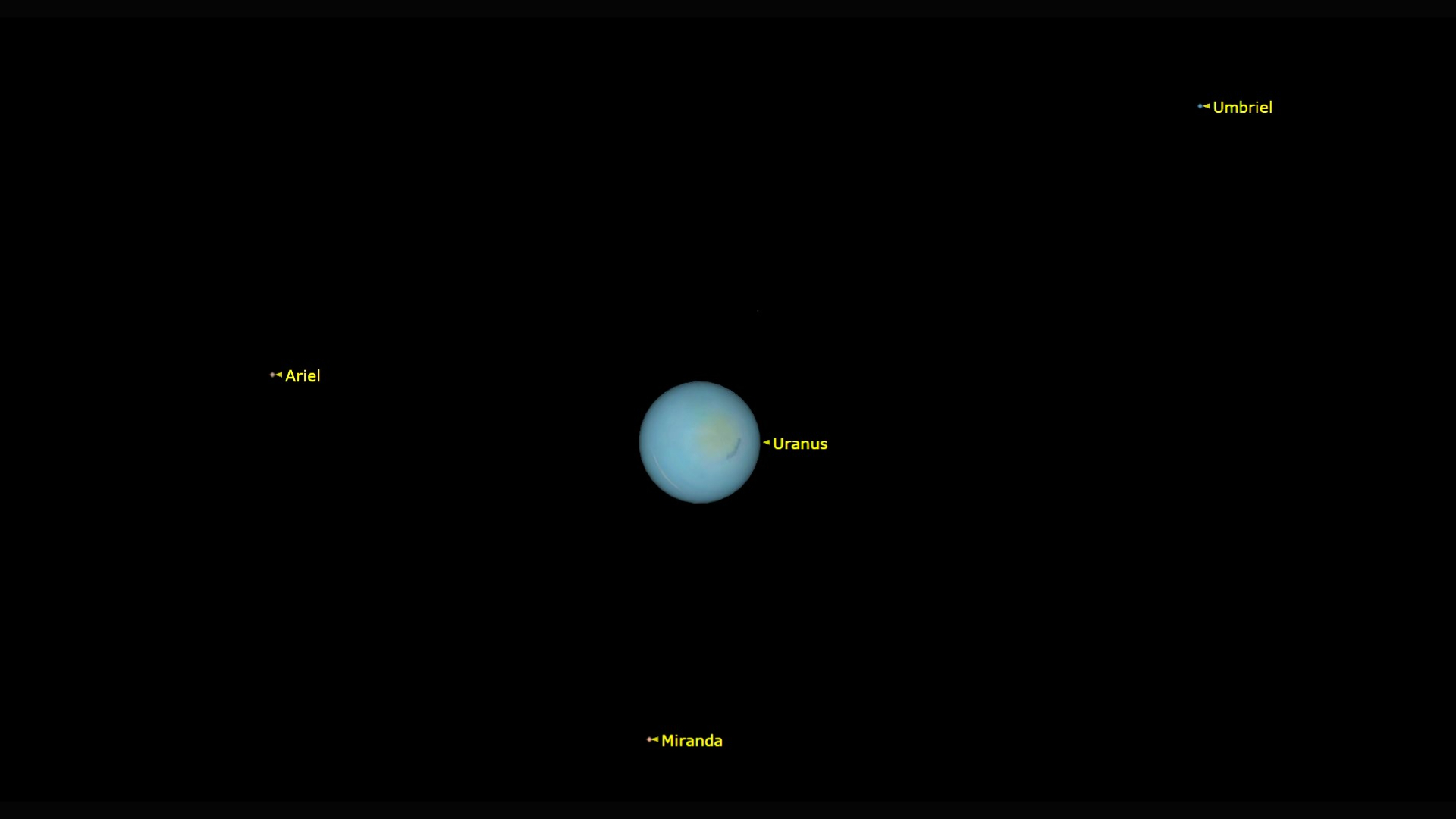Orbital ATK, Merger of Orbital Sciences and ATK, Begins Operations

Breaking space news, the latest updates on rocket launches, skywatching events and more!
You are now subscribed
Your newsletter sign-up was successful
Want to add more newsletters?
The aerospace firm Orbital ATK is now up and running, nearly a year after the merger that created the $4.5 billion company was first announced.
Orbital ATK formed from the merger of Orbital Sciences Corp. and the Aerospace and Defense groups of Alliant Techsystems Inc. (ATK), in a deal that was announced last April. The merger was finalized Monday (Feb. 9), and Orbital ATK marks its first full day of operations on Tuesday (Feb. 10), company representatives said.
"As separate enterprises, Orbital and ATK each established proud legacies as customer-focused companies known for innovation and affordability," Orbital ATK President and CEO David Thompson said in a statement. "Now, with our two organizations coming together under the Orbital ATK banner, we begin operations with substantially greater technical and industrial capabilities, and increased financial resources."
Orbital ATK is headquartered in Dulles, Virginia, and employs more than 12,000 people, representatives said. The company consists of three divisions: 1) Flight Systems Group (based in Chandler, Arizona; 4,500 employees; 2) Defense Systems Group (based in Baltimore; 4,900 employees); and 3) Space Systems Group (based in Dulles; 2,700 employees).
ATK was perhaps best known for building the solid rocket boosters used for NASA's space shuttle fleet, which was retired in 2011. The firm also contained a sporting-goods arm that has now been spun off into a new company called Vista Outdoor Inc.
Orbital Sciences, meanwhile, has long built satellites, launch vehicles and spacecraft, including the Pegasus and Antares rockets and a robotic cargo spacecraft called Cygnus.
NASA awarded Orbital a $1.9 billion contract to fly eight unmanned supply missions to the International Space Station using Cygnus and Antares. The first two flights went well, but the third was lost when the Antares rocket exploded just seconds after liftoff in October 2014. (NASA also signed a cargo deal with SpaceX, which is getting $1.6 billion to fly 12 missions to the orbiting lab with its Dragon capsule and Falcon 9 rocket.)
Breaking space news, the latest updates on rocket launches, skywatching events and more!
Follow Mike Wall on Twitter @michaeldwall and Google+. Follow us @Spacedotcom, Facebook or Google+. Originally published on Space.com.

Michael Wall is a Senior Space Writer with Space.com and joined the team in 2010. He primarily covers exoplanets, spaceflight and military space, but has been known to dabble in the space art beat. His book about the search for alien life, "Out There," was published on Nov. 13, 2018. Before becoming a science writer, Michael worked as a herpetologist and wildlife biologist. He has a Ph.D. in evolutionary biology from the University of Sydney, Australia, a bachelor's degree from the University of Arizona, and a graduate certificate in science writing from the University of California, Santa Cruz. To find out what his latest project is, you can follow Michael on Twitter.
